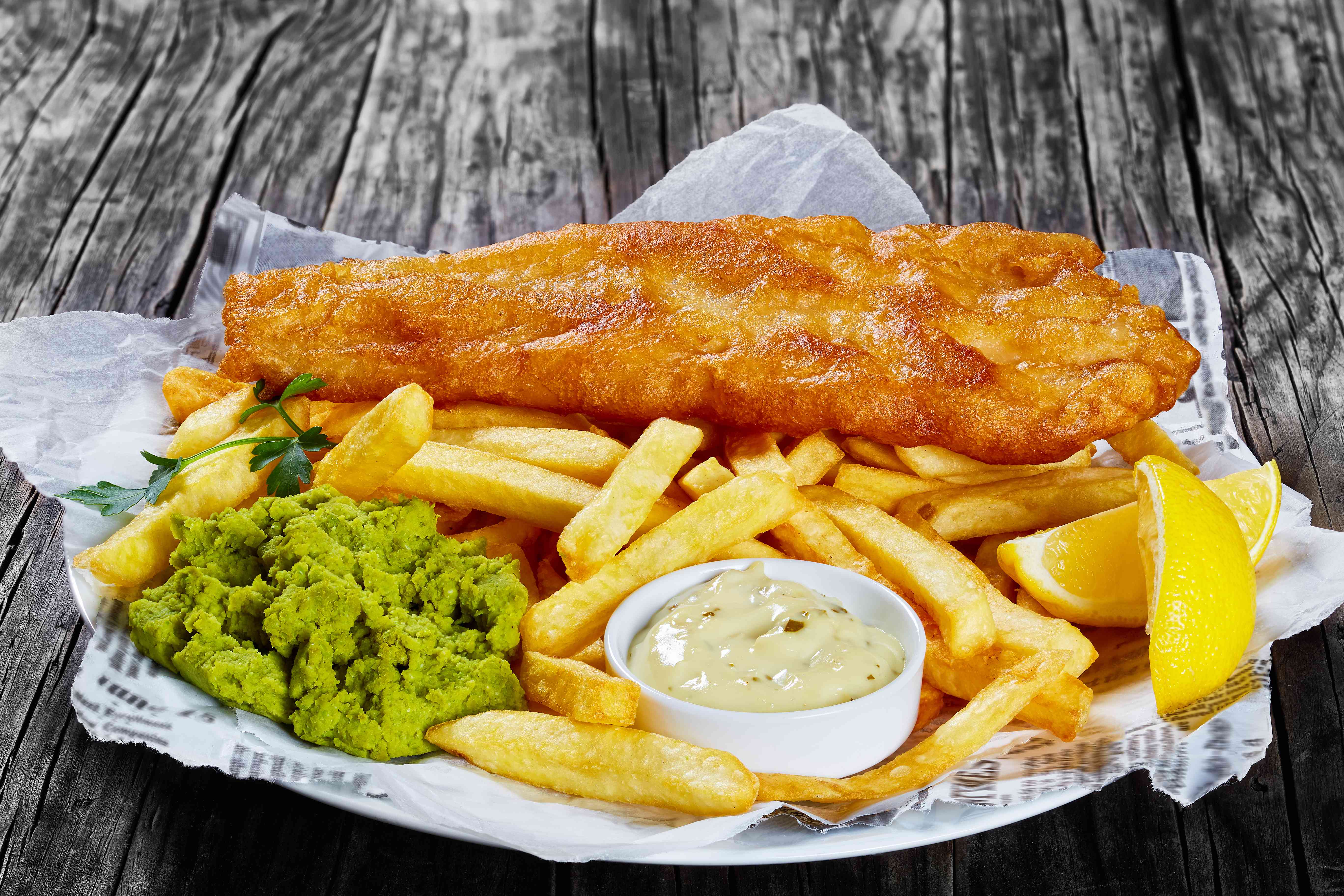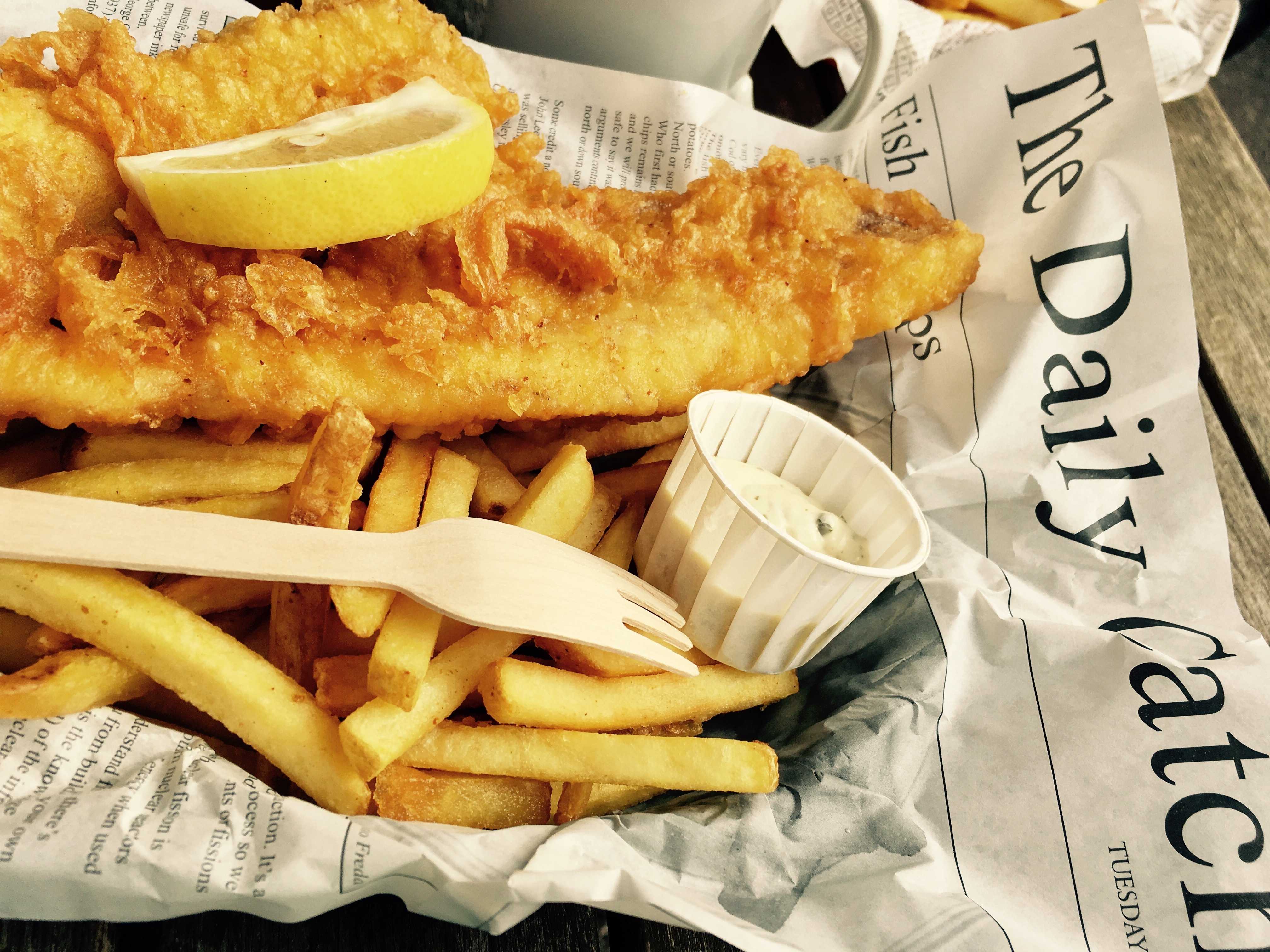Humans have been using oil in food production for millennia. In fact, some archaeologists believe that olive oil alone has been produced in the Middle East from as early as 6000 BC . That’s a lot of olive squeezing!
Over the years, we have refined our extraction techniques and found new weird and wonderful sources for our cooking oil. While olive oil has stood the test of time, it is palm oil that remains the most consumed vegetable oil worldwide. In this post, we’ll explore some of the other interesting edible oils used around the world.
Argan oil
This oil has recently been trending as a healthcare product, naturally healthy for hair and nails. But it is also used as a cooking oil in its native Morocco by Berbers for its nutty flavour and distinctive aroma. If you are intending to use it make sure it’s suitable for cooking. Argan oil is definitely another one that will grow in popularity soon as it is being actively promoted as an ethical way of supporting some of the poorer people of Morocco.
Avocado oil
A popular source of good fats, avocado is also used as an oil in Oceania. It comes in two forms: a brilliant green unrefined oil, or a colourless refined version. Sadly its production is very water intensive, somewhat mitigating its green credentials. The unrefined oil retains much of the flavour, meaning you can have a delicious verdant oil that can be drizzled on top of salad, added to mashed potato, or made into a variety of health care products if you are that way inclined! As if anyone an excuse to eat avocados.
Hemp oil
This oil is derived from the seeds of the cannabis plant and is one of the oldest and most commonly used throughout the world, and has been for thousands of years. Even Henry VIII was a fan! With a delicious nutty flavour married with a fresh herbaceous scent it can also be used in a flavourless refined version. Many people consider it to have significant health benefits, but it is also a delicious, readily available oil that is versatile enough to experiment with!
Coconut oil
This popular oil has seen a huge growth in popularity in the UK recently. It can be used as a general cooking oil after refining, which causes it to lose its flavour and become a white solid. While there have been recent news reports of its negative health effects, such as high saturated fat levels, if used sparingly it can be a great vegan alternative to butter. Using flavoured coconut oil can replace animal based fats, and give a residual coconut sweetness to foods like pastry that is irresistible.
Pequi oil
Pronounced ‘pay-key’, this oil is derived from the brilliantly orange pequi fruit from Brazil, where it is fairly common. As yet, it hasn’t proved very popular outside of Brazil, except in a few cosmetic products. It is, however, valued for its high levels of essential oils and fats. Perhaps one to look out for in the future!
Mongongo oil
This is another nut oil, from southern Africa, in the Kalahari region. It is a devilishly hard nut to crack, by all accounts, and the easiest way seems to be to let an elephant eat the fruit and pick up the nuts! The elephants cannot digest the tough shell, leaving behind a rich fatty nut that is perfect for oil.
Whale oil
With little vegetation there isn’t historically much to make oil out of for people who live in the Arctic. Canadian Inuits and Greenlanders have used sperm oil as a valuable source of oil for lighting and cooking. We wouldn’t recommend it though! Whale oil is intensively produced, hard to get hold of, and as Ishmael found out in Moby Dick , more trouble than it’s worth.
Don’t get palmed off
While these other oils provide an interesting alternative to some of the more everyday oils, unfortunately most of them are unsustainable, expensive or difficult to source. Luckily if you don’t feel like travelling to Brazil to juice a nut or paying through your teeth for another exotic oil, you can rely on the world’s favourite vegetable oil – palm. Long-lasting, versatile and cost-effective, you’ll have to search quite a bit wider to find a better alternative to palm oil. Those of you concerned about finding an accessible, high-quality frying oil will be safe in the knowledge that there is a green and healthy option out there for all your frying needs.
Frymax is a fully sustainable palm oil, certified by the Roundtable on Sustainable Palm Oil (RSPO). Fully refined and deodorised, Frymax is the frying oil of choice for anyone looking for sustainable, long-lasting vegetable oil. Get in touch with our team today to learn more.






